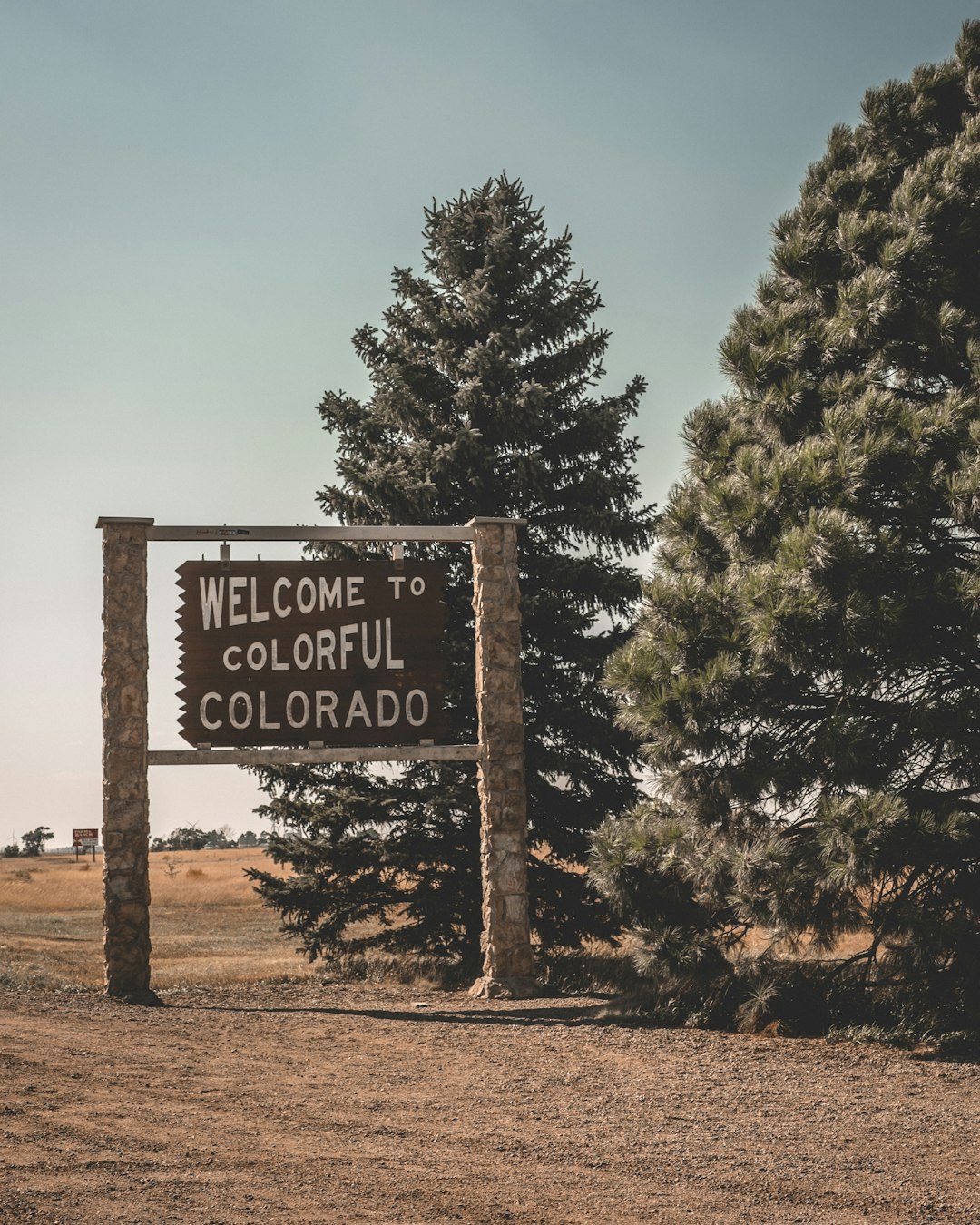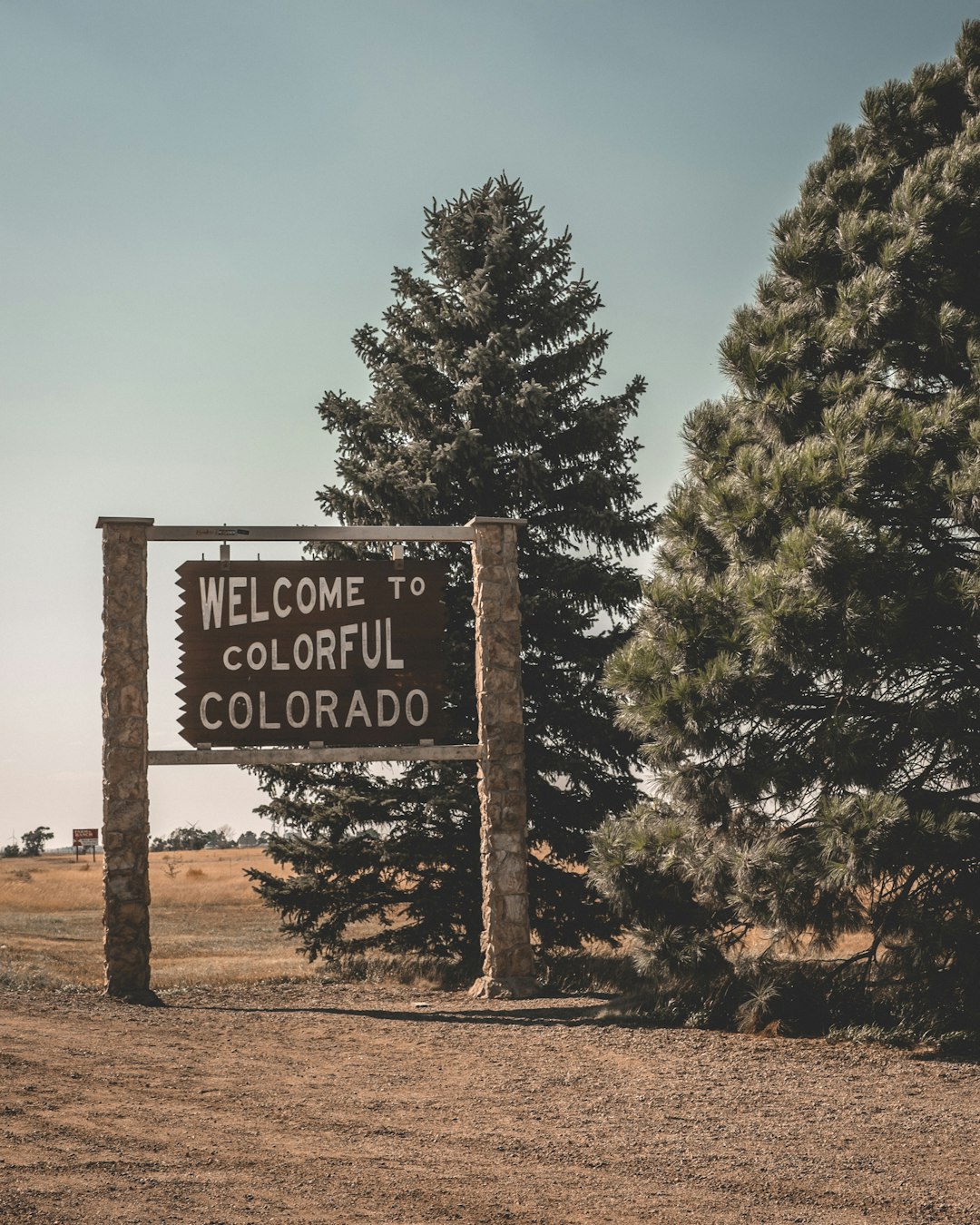Sexual abuse is a critical national issue, and in Colorado, empowering children with knowledge about consent, personal boundaries, and power dynamics is vital through proactive education. Specialized programs teach students about safe touches, consent, and reporting inappropriate behavior, deterring potential abusers. Curriculum developers must tailor lessons to different age cohorts, focusing on foundational concepts for younger children and more complex topics like online safety and manipulative behaviors for older ones. Implementing comprehensive sexual abuse prevention programs in Colorado schools, advocated by sexual abuse attorneys, creates a safer environment for children, encouraging open dialogue and decision-making skills.
In Colorado, addressing child sexual abuse (CSA) is paramount. This comprehensive guide explores age-appropriate prevention education, a crucial tool in safeguarding our state’s children. We delve into the definition and various types of CSA, highlighting the transformative power of education in its prevention. The article navigates curriculum design tailored to different age groups, offering a roadmap for implementing effective programs. For Colorado parents and advocates, these insights, coupled with understanding the role of sexual abuse attorneys, empower us to foster a safer environment.
Understanding Sexual Abuse: Definition and Types

Sexual abuse, a pervasive and tragic issue in Colorado and across the nation, refers to any unwanted or non-consensual sexual act or behavior imposed on a person without their agreement. It is essential for children to understand this concept from an early age to protect themselves and recognize potential threats. The definition of sexual abuse encompasses a range of actions, including physical contact of a sexual nature, such as touching or penetration, as well as non-contact behaviors like sexual comments, demands for sexual favors, or the sharing of explicit material.
In Colorado, where the legal system includes strict guidelines and support for victims, it is crucial that children are equipped with knowledge about different types of sexual abuse. This includes awareness of power imbalances that can make certain situations exploitative, such as abuse by someone in a position of authority or trust. Educating young Coloradans about their bodies, consent, and personal boundaries is a proactive step towards prevention. By understanding these concepts, children can recognize inappropriate behavior and seek help from trusted adults or sexual abuse attorneys Colorado if needed.
The Role of Education in Preventing Child Sexual Abuse

Education plays a pivotal role in preventing child sexual abuse, empowering young minds with knowledge and skills to recognize and deter potentially harmful situations. Implementing age-appropriate sexual abuse prevention education in Colorado schools is a proactive step towards safeguarding children. This educational initiative equips students with the ability to understand personal boundaries, consent, and healthy relationships. By teaching children about their bodies, private spaces, and the difference between safe and unsafe touches, they gain crucial tools to protect themselves from potential abusers.
A sexual abuse attorney in Colorado highlights that education serves as a powerful defense mechanism against child sexual exploitation. It encourages open communication, enabling children to report incidents of inappropriate behavior or advances without fear or shame. Through interactive workshops and age-specific curricula, students learn to identify and report suspicious activities, fostering an environment where potential abusers are deterred by the awareness and vigilance of young individuals.
Age-Appropriate Curriculum Design for Different Cohorts

In designing age-appropriate curriculum for sexual abuse prevention education in Colorado, it’s crucial to tailor content to different cohorts based on their developmental stages and cognitive abilities. For younger children (ages 5-8), lessons should focus on basic concepts like personal boundaries, safe touches, and understanding bodies. This can be achieved through engaging activities, stories, and role-playing scenarios that are simple yet effective.
For older children (ages 9-12), the curriculum can delve deeper into issues like consent, respect, and online safety. This age group is more aware of social dynamics and technology, so discussions around digital privacy, recognizing manipulative behaviors, and reporting mechanisms become relevant. Engaging them in interactive workshops and open dialogues can foster a safer environment and equip them with crucial decision-making skills, potentially preventing future instances of sexual abuse with the help of a sexual abuse attorney Colorado.
Implementing and Promoting Comprehensive Sex Abuse Prevention Programs in Colorado Schools

Implementing and promoting comprehensive sex abuse prevention programs in Colorado schools is a critical step towards fostering a safer environment for children. These programs, designed to educate students about personal boundaries, consent, and healthy relationships, can significantly reduce the risk of sexual abuse. A sexual abuse attorney in Colorado may play a pivotal role in advocating for such initiatives, ensuring that educational institutions are held accountable for providing age-appropriate resources and support.
Schools across the state should embrace inclusive curricula that cover various topics, from defining appropriate physical contact to recognizing and reporting suspicious behavior. By integrating these programs into existing health and social studies courses, educators can create a consistent learning experience for students while also encouraging open dialogue about sensitive subjects. Regular training for teachers and staff on identifying potential signs of abuse will further strengthen the effectiveness of these prevention efforts.






